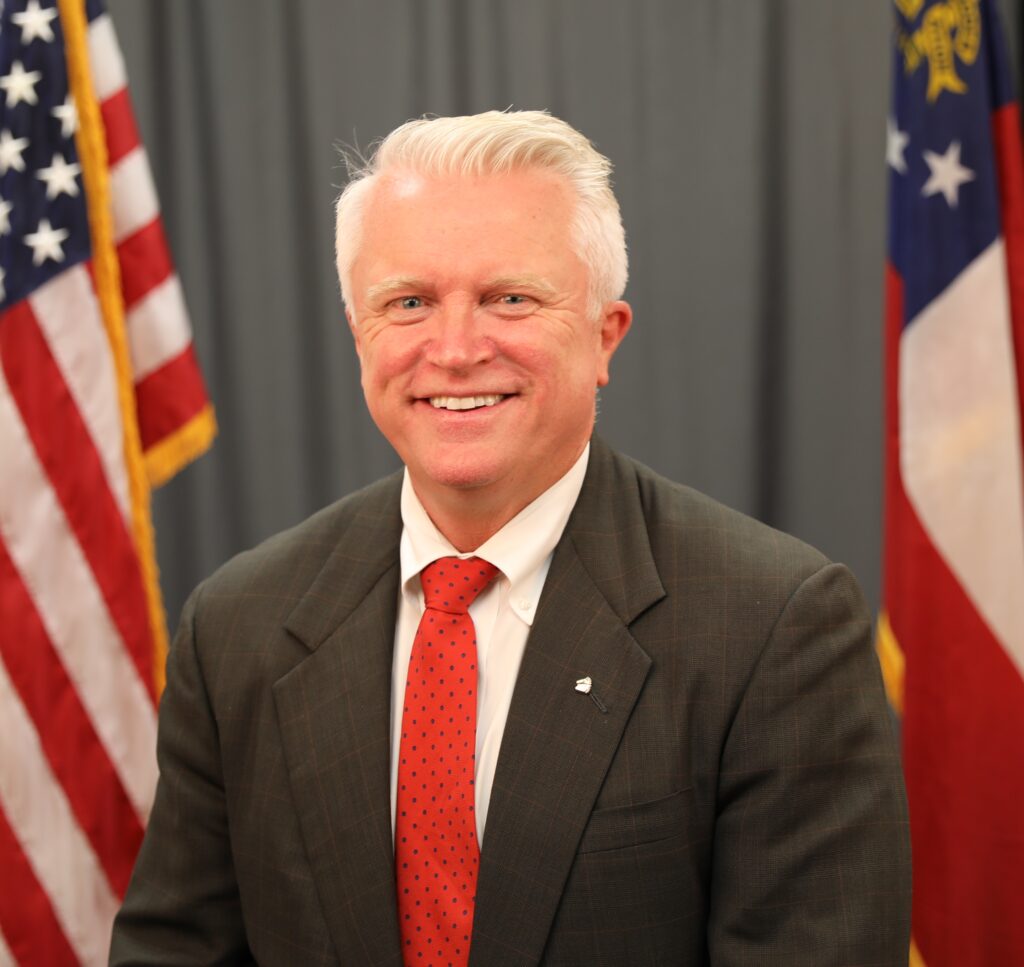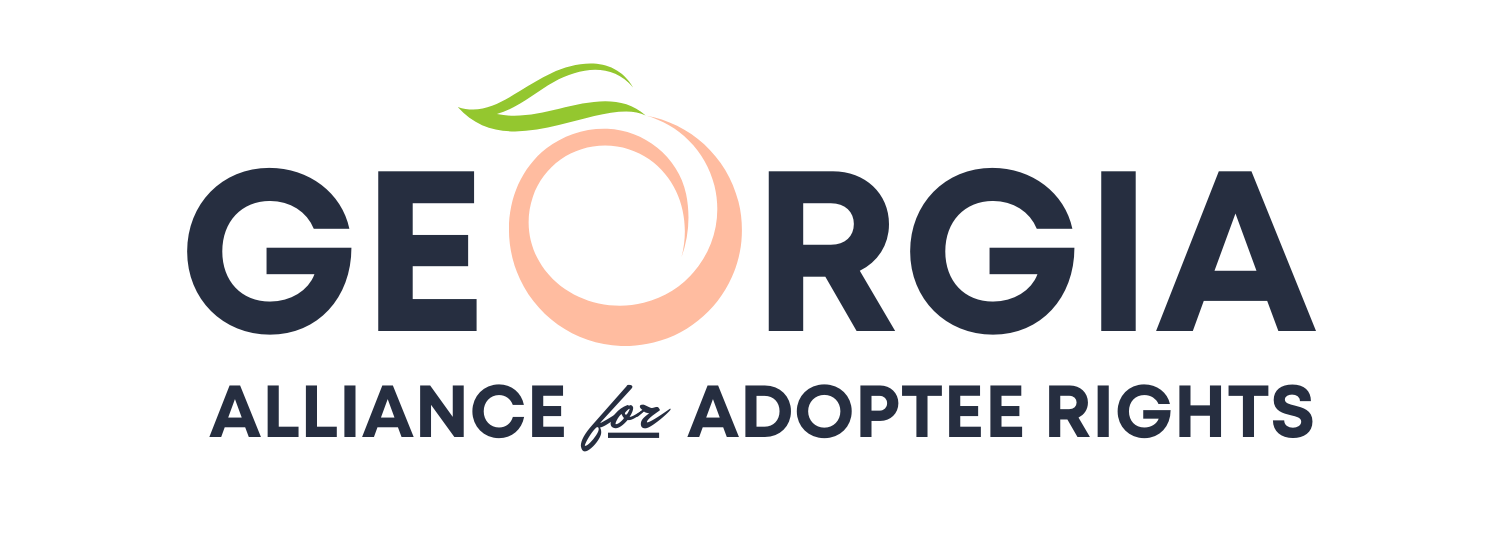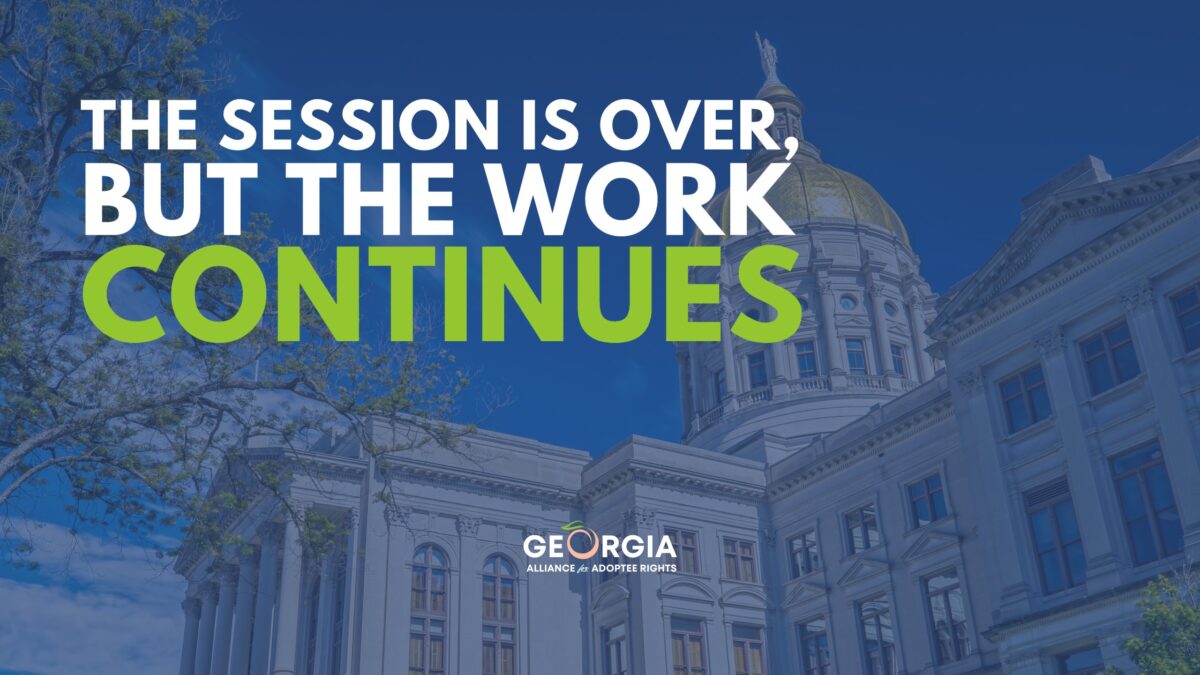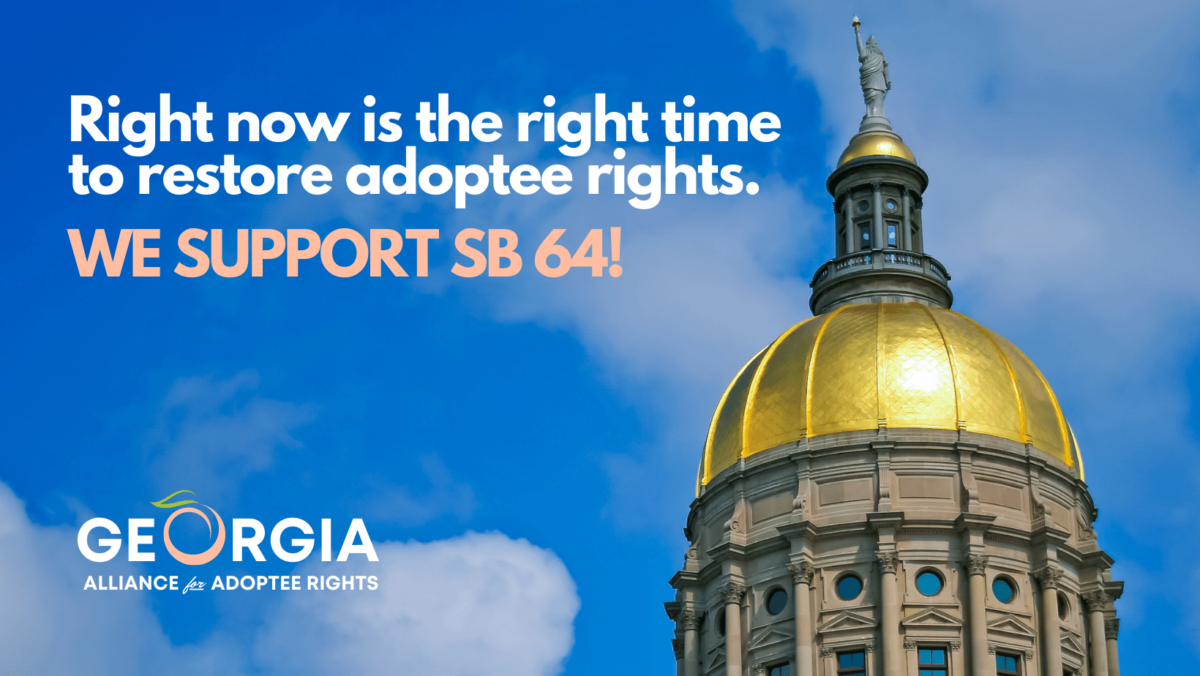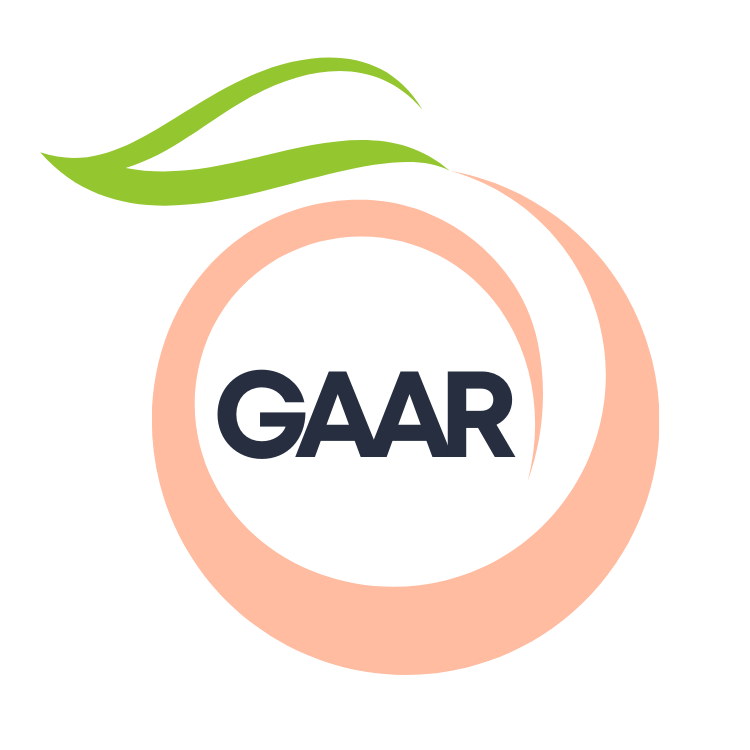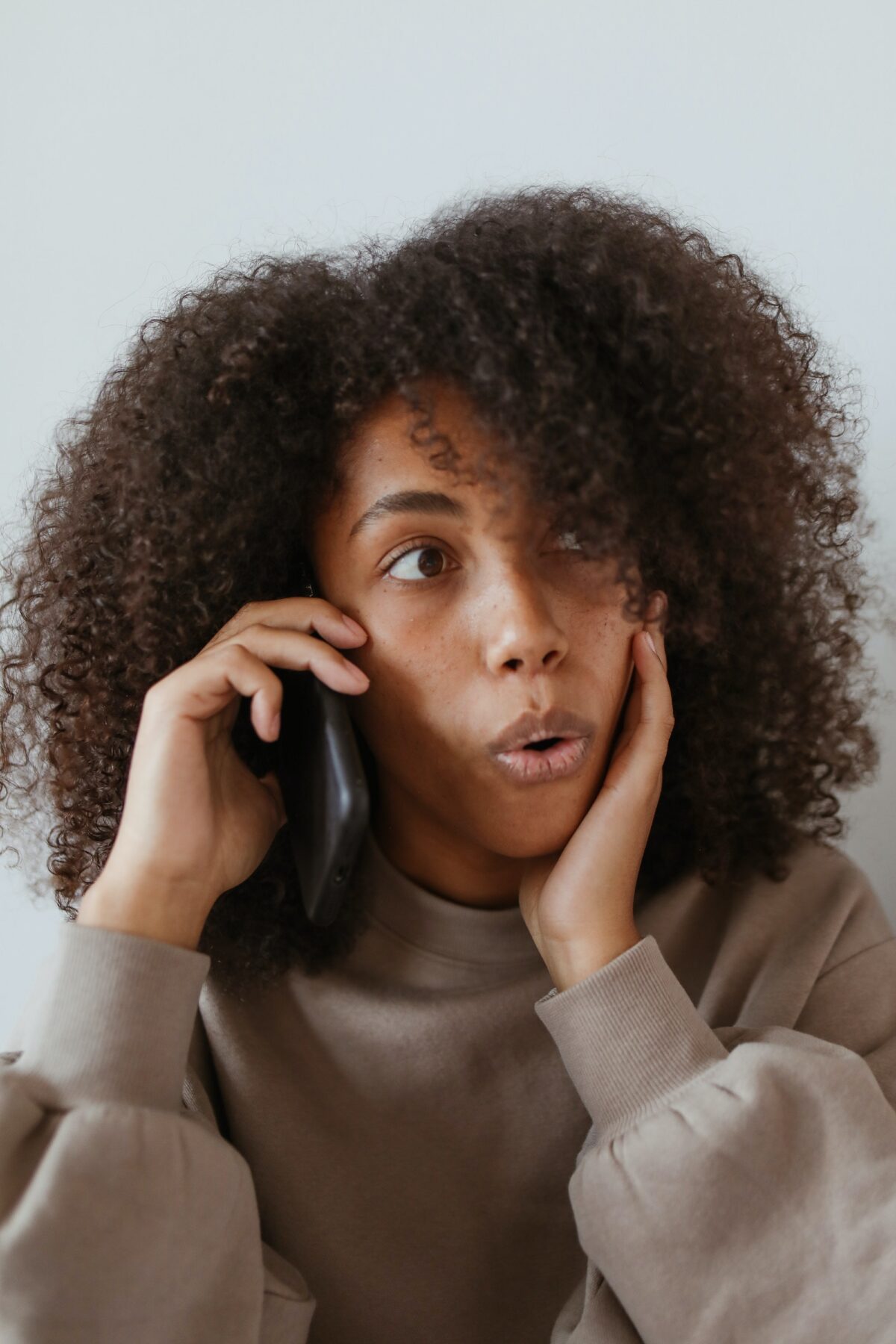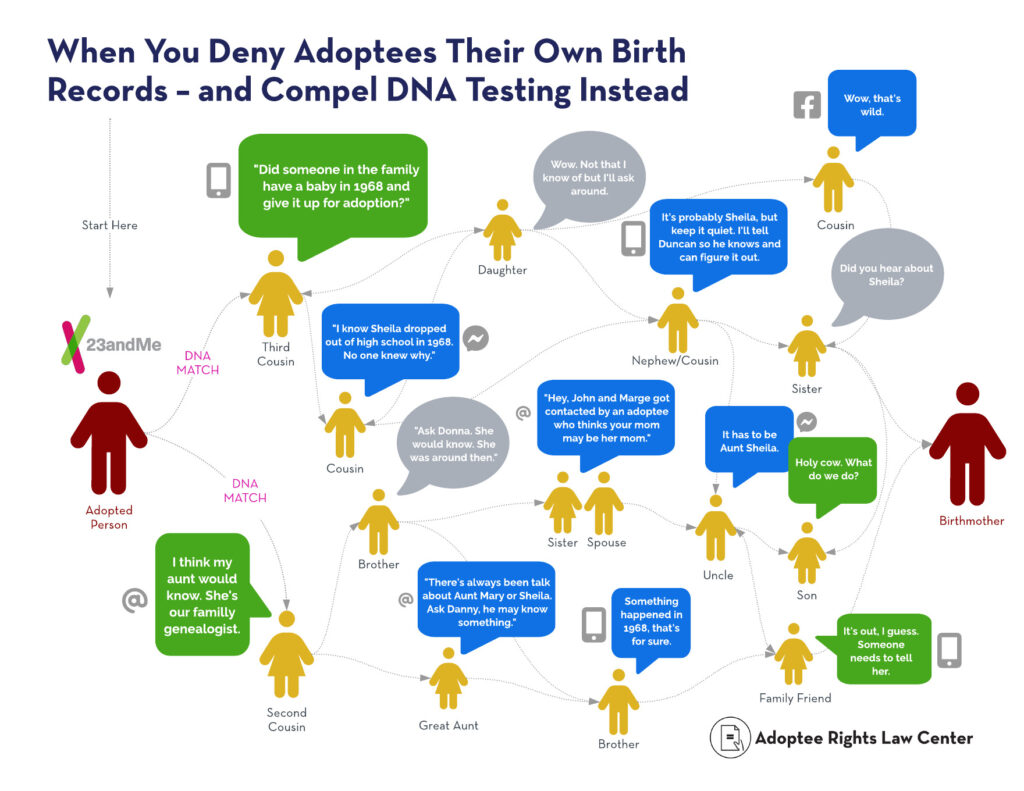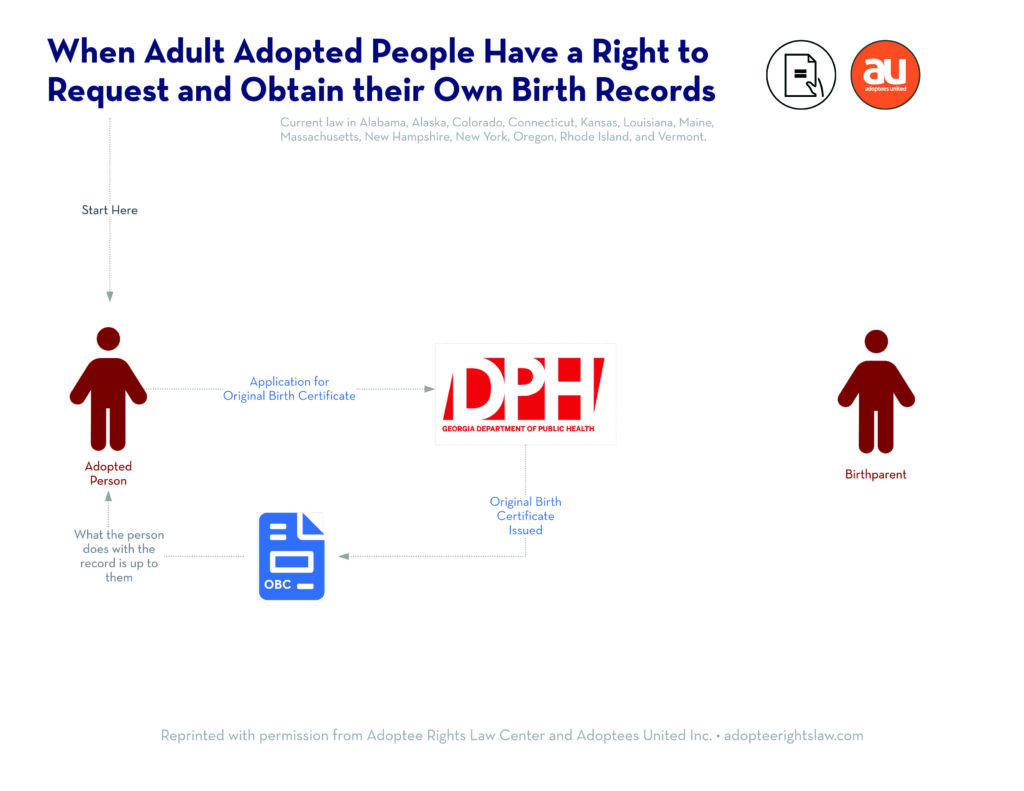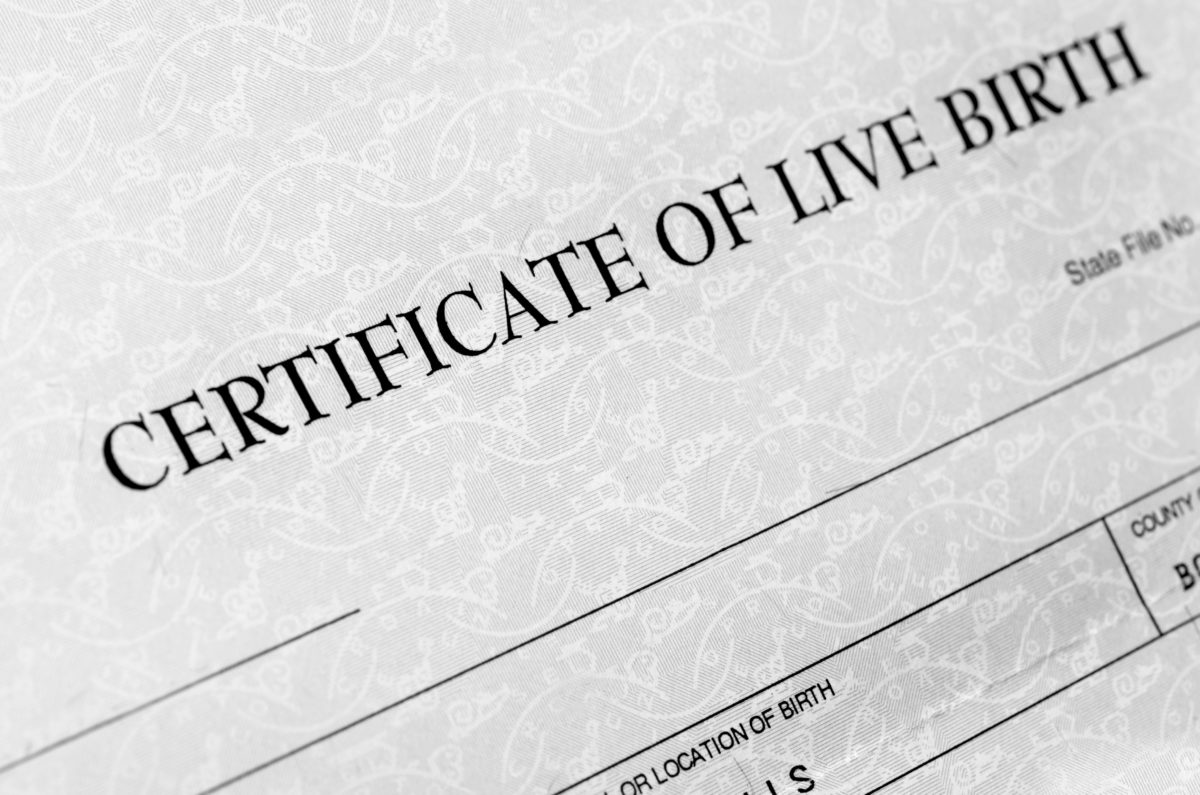Not many, including adoptees, know that when an adoption is finalized, their original birth certificate is permanently altered by the State of Georgia.
When Courtney Humbaugh, an adult adoptee, petitioned the Georgia court system in 2020 and received her original birth certificate later that year, she was shocked to discover the changes. Immediately after receiving her original birth certificate, she compared it to the one she had been using her whole life.
“The city in which I was born (Augusta) was totally changed to Atlanta where I was adopted,” Humbaugh said. “Along with that, the hospital and attending physician were deleted in the altered version. The information about it being my birth mother’s first pregnancy was deleted, and my birth parents’ names listed as birth parents were changed to my adoptive parents’ names.”
“When I realized all of the changes had been made to my original document, I had this intense feeling that altering one’s original birth certificate, the only “official” document that tells us about our start in this world, was so unethical and really just plain wrong,” Humbaugh told us. That’s when she became involved with Georgia Alliance for Adoptee Rights.
Georgia is one of only a few states that alters the birth location on a child’s birth certificate once the adoption is finalized. Adoptive parents, who are forthcoming with information, may tell the child they were born in X city, but their birth certificate says Y city. Also, all adoption records finalized in the state of Georgia are altered and sealed, regardless of any agreements for contact and communication made between birth parents and adoptive parents.
“There are so many adoptees who want their original birth certificate and records and it makes total sense. It’s so hard to separate fact from fiction when it involves our beginnings. We’re told one thing, but documents tell another story,” Humbaugh said. “Until we petition the courts for our records, we don’t really have the facts. And we shouldn’t have to go through that lengthy and expensive process.”
Humbaugh utilized the legal services of Lila Bradley with Clairborne, Fox, Bradley and Goldman in Atlanta to petition the Georgia courts. For more information, listen to Humbaugh share more details about obtaining her original birth certificate here.
About Georgia Alliance for Adoptee Rights
The Georgia Alliance for Adoptee Rights is a coalition of state and national organizations with a singular focus: restoring the unrestricted right of all Georgia adult adoptees to obtain their own original birth certificates (OBC) upon request.
